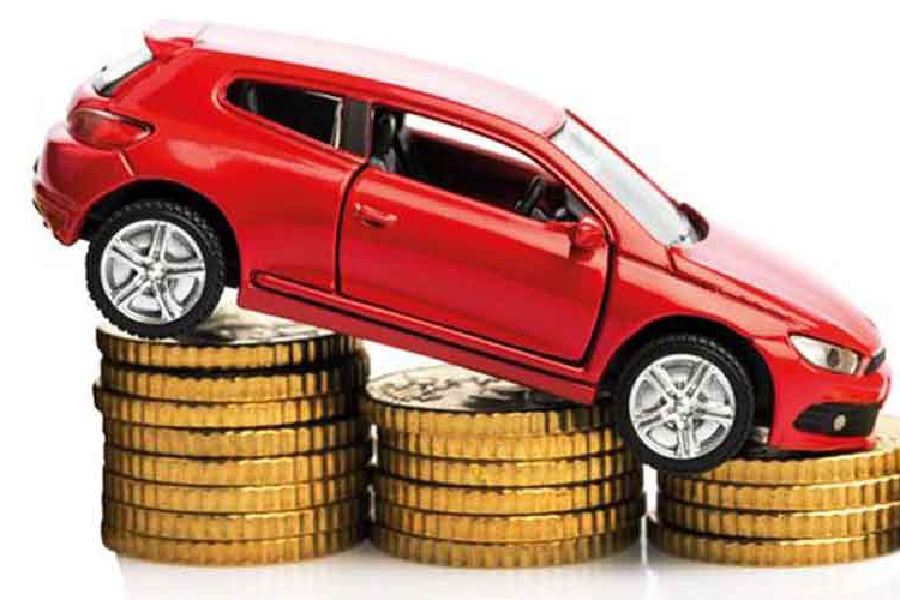Hyundai Motor India Limited (HMIL) today announced an investment of Rs 20,000 crore in a phased manner over a period of ten years (2023-2032) in Tamil Nadu for its electric vehicles programme and modernization of vehicle platform.
An MoU was signed between Unsoo Kim, MD & CEO, Hyundai Motor India Limited and V Vishnu, MD & CEO, Guidance Tamil Nadu in the presence of chief minister M K Stalin, state finance minister Thangam Thennarasu, minister of industries, investment promotion and commerce T. R. B. Rajaa, additional chief secretary Krishnan S and other senior government officials.
Speaking on the announcement, Kim, said “We have plans to develop Tamil Nadu as a base for Hyundai’s EV manufacturing in India. This will help us strengthen our portfolio and provide best-in-class features and technologies in our vehicles.”
HMIL will set up a state-of-the-art battery pack assembly unit with an annual capacity to assemble 1,78,000 units of batteries. Further, it will install 100 EV charging stations at key locations in major highways, over a period of five years.
This will include five dual ultra-fast charging stations (DC 150 KW +DC 60 KW), 10 single fast charging stations (DC 150 KW) and 85 single fast charging stations (DC 60 KW).
The company will increase its total production volume to 8,50,000 units per annum and introduce new electric and ICE vehicles from its factory here in Sriperumbudur.
Bosch view
Internal Combustion Engine will continue to be the dominant technology in the passenger car segment even as the transition to electrification is already underway, said German mobility solutions provider Bosch while announcing its financial results on Thursday.
“Bosch will continue to provide products and solutions as per evolving market requirements,” said Soumitra Bhattacharya, managing director, Bosch Limited and President, Bosch Group, India while declaring the results.
Speaking about the outlook for the upcoming fiscal year, Bhattacharya commented: “We recognise the challenges ahead due to the ongoing uncertainty caused by certain macro factors. Despite these, we remain optimistic about the automotive market, which saw record production volumes in FY 2022-23. It also saw a good acquisition of projects catering to TREM5 and OBD2 regulations resulting in a strong order book, for the next three to five years.
“We anticipate moderate growth in India’s GDP, which will likely lead to a 5 to 6 per cent increase in the automotive market. At Bosch Limited, we are confident in our ability to navigate these headwinds, particularly as we continue to see an increase in content per vehicle due to components supplied for exhaust gas treatment and implementation of BSVI stage 2.”












